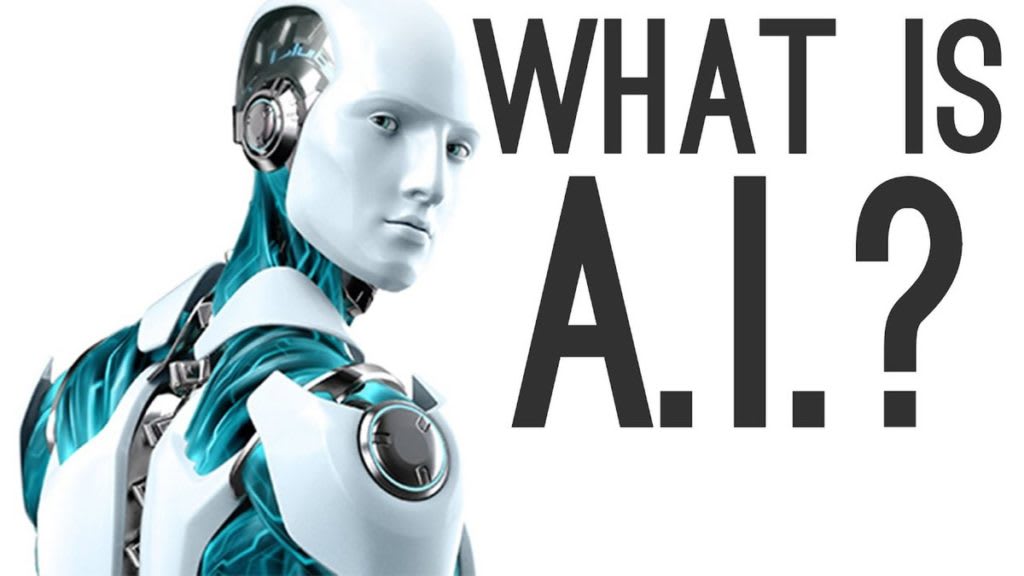
What is AI or Artificial Intelligence?
AI, or Artificial Intelligence, refers to the development of computer systems and machines that can perform tasks that would normally require human intelligence. It is a branch of computer science that focuses on creating intelligent machines capable of simulating human cognitive processes, such as learning, reasoning, problem-solving, perception, and decision-making.
AI systems are designed to analyze large amounts of data, recognize patterns, and make predictions or decisions based on that data. They can be trained to perform specific tasks or to learn and improve over time through experience. AI can be broadly categorized into two types:
Narrow AI: Narrow AI, also known as weak AI, refers to AI systems that are designed for specific tasks and have a limited scope of functionality. These systems are built to excel in a particular domain, such as image recognition, natural language processing, playing chess, or driving a car. Examples of narrow AI applications include virtual personal assistants like Siri or Alexa, recommendation systems, and autonomous vehicles.
General AI: General AI, also known as strong AI or artificial general intelligence, refers to AI systems that possess the ability to understand, learn, and apply knowledge across a wide range of domains, similar to human intelligence. General AI aims to mimic human cognitive abilities and reasoning processes, enabling machines to perform tasks that require flexibility, creativity, and problem-solving skills in various contexts. While significant progress has been made in narrow AI, achieving true general AI remains a complex and ongoing research challenge.
AI techniques include machine learning, deep learning, natural language processing, computer vision, robotics, and expert systems, among others. These techniques employ algorithms and models to process data, extract meaningful insights, and make informed decisions or predictions.
AI has numerous applications across various industries, including healthcare, finance, transportation, manufacturing, education, and entertainment. It has the potential to revolutionize many aspects of our lives, from improving healthcare diagnostics to optimizing supply chain management and enhancing personalized user experiences.
However, it’s important to note that AI also raises important ethical considerations, such as privacy, bias, job displacement, and the impact on society. Responsible development and deployment of AI systems involve addressing these concerns and ensuring transparency, fairness, and accountability in their use.